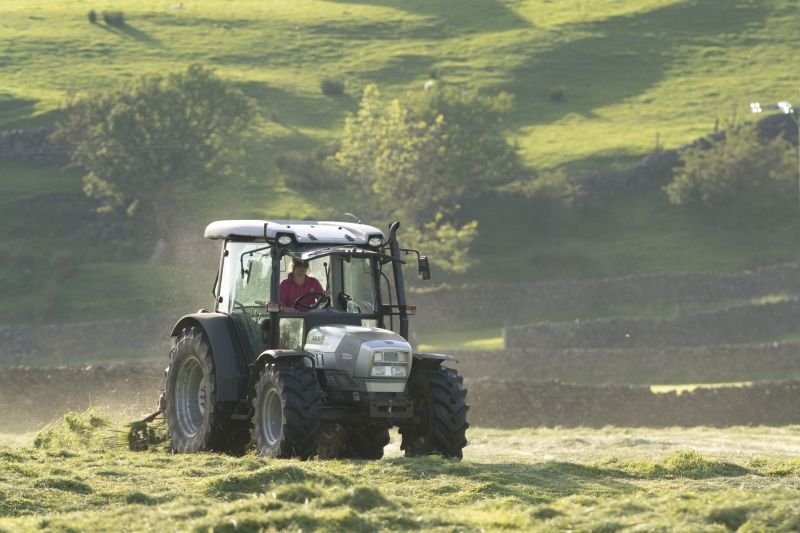
The gender pay gap in Scotland’s mainly rural local authorities has declined substantially since 2012 to the point at which, in 2018, the gap is -1.9 per cent.
Researchers from Scotland' Rural College (SRUC) have completed a scoping study on the gender pay gap in rural Scotland.
The work, funded by the Scottish government, has found the gender pay gap in Islands and remote rural local authorities had the largest gender pay gap in 2016 at almost 20 per cent, but since then the gender pay gap in these areas has declined to 4.5 per cent.
These areas have shown a high level of variability in the gender pay gap between 2012 and 2018, however, which perhaps reflects underling fragility of local labour markets in remote rural areas.
The gender pay gap in larger cities and urban with substantial rural local authorities remained at approximately 10 per cent over the 2012-2018 period.
Project lead Dr Jane Atterton said: “Although the report’s findings are generally positive for rural Scotland, we need a better understanding of why these patterns exist.
“Is there, for example, a positive trend in terms of more women in mainly rural local authorities entering the full-time labour market in well-paid jobs leading to a reducing gender pay gap?
“Or is this actually a reflection of more challenging trends, such as women removing themselves from the full-time labour market completely.”
She added: “It may be that some women can’t find appropriate full-time work, or can’t access appropriate full-time work, due to additional caring responsibilities or poor public transport availability.”
Scottish government's Rural Affairs Minister, Mairi Gougeon said: “This reduction in mainly rural local authorities also seems to be driving Scotland’s overall reduction in the pay gap, especially as some rural authority areas are presenting a more positive picture than that found in large cities or urban areas.
“However, this research also clearly highlights the scale of the challenge before us and the need to make sure our rural economy better supports women retain and gain well paid jobs.
“Equality for women is an integral part of our inclusive growth vision and we are determined to improve the position of women in the workplace,” she said.
Women made up only 14.9 per cent of registered farm holders in the UK in 2016 according statistics from Defra.
